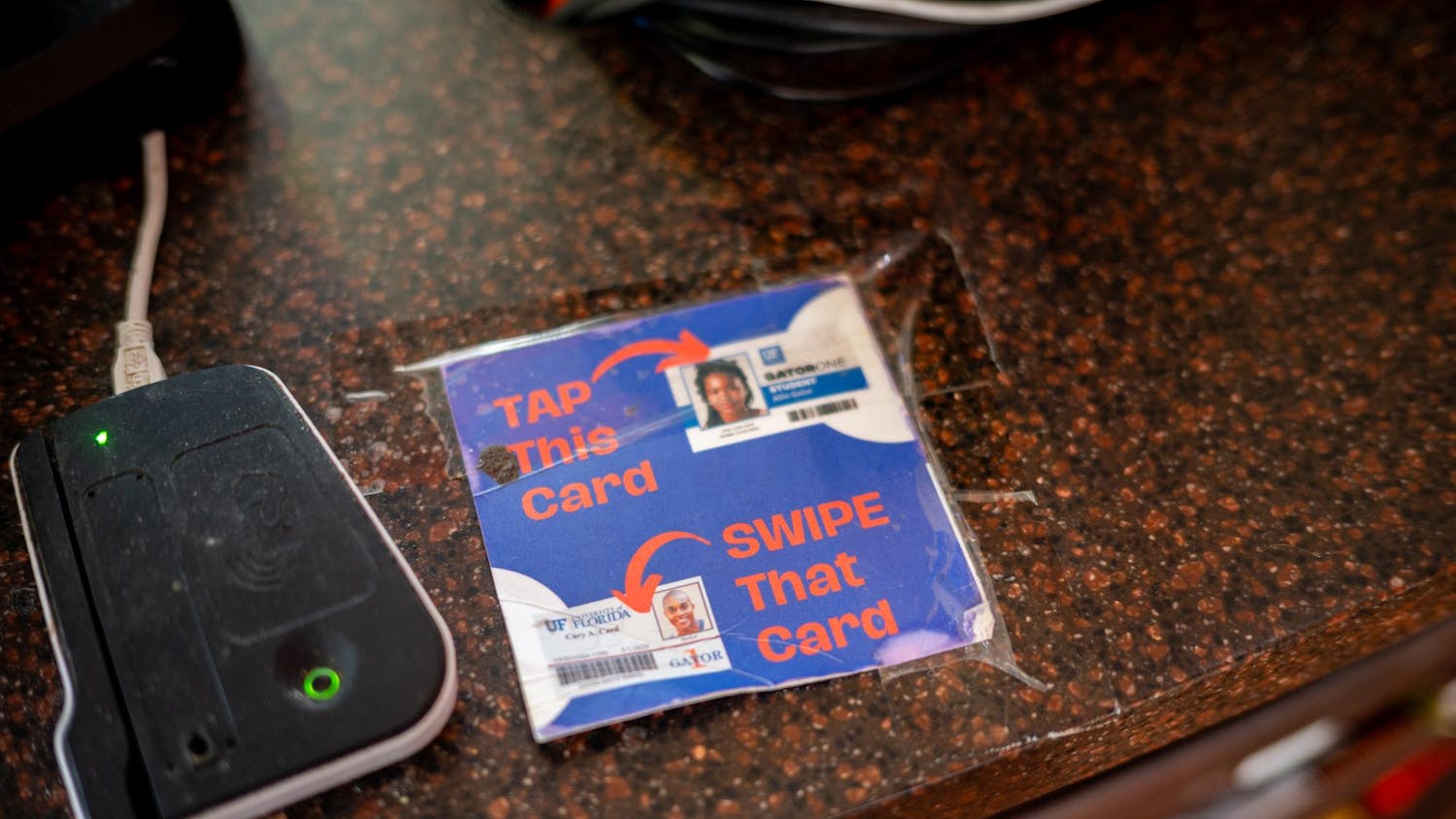In 2009, when the auto industry was still floundering, politicians believed they could help automobile manufacturers and the environment while stimulating economic activity in the midst of the economic downturn through a program called “cash for clunkers.”
It sounded like a good plan.
The government would provide monetary rebates for consumers to trade in older, harmful emission-emitting automobiles for the purchase of newer, fuel-efficient cars.
Like many, if not most government economic stimulus programs, what sounded like a beneficial government policy on the surface created disastrous unintended consequences. Predictably, cash for clunkers was an absolute failure.
Frederic Bastiat’s broken window fallacy posits a scenario in which a ruffian throws a brick through the window of a bakery. While this might seem like a destructive activity, modern intellectuals — including the likes of Nobel Prize-winning economist Paul Krugman — argue that this commotion gives the town’s window maker means for employment and is fundamentally good for the town’s economic growth.
But before subscribing to this logic, one must recognize the difference between the seen and the unseen. While we might see economic activity created on behalf of the window maker, the money the baker might have spent on another economic activity — such as purchasing a new suit — now has to be spent on a new window.
In “Economics in One Lesson,” Henry Hazlitt argues, “Instead of having both a window and a suit he [the baker] must be content with the window and no suit.” Furthermore, the tailor, who would have been employed in the creation of a suit for the baker, now loses any potential income in this situation. The tailor could have spent the money from the sale of the suit on further economic activity, stimulating more growth and so on and so forth.
Under the cash for clunkers program, a similar scenario emerges. What other economic activities would those who traded in their cars have engaged in had it not been for the program’s incentive to purchase a new car? The possibilities are practically endless.
Despite not actually stimulating economic growth when factoring in the unseen costs, the program was also wasteful.
According to analysts at Edmunds.com, an online automotive information resource, about 82 percent of the 690,000 cars sold during the cash for clunkers program would have been sold anyway had the program not existed, costing the taxpayers $24,000 per vehicle sold.
To make matters worse, an article by TakePart.com found that the cash for clunkers program actually had a negative impact on the environment. Instead of recycling certain parts of the cars traded in during the program, the government ordered that engines immediately be destroyed and that other parts be shredded after 180 days, putting “polyurethane foams, metal oxides, glass and dirt” into landfills, according to the website.
Because the program decreased the supply of available used cars, the prices of other clunkers were artificially increased, hurting those who wanted an affordable used car, as well as hundreds of independently owned used-car dealerships.
Due to the government’s intervention, the economy experienced no real growth, resources were directed away from otherwise productive activities, the supply of used cars was diminished, the environment suffered and lower-income individuals were given fewer options for affordable transportation.
Worst of all, the disastrous results of these types of programs are easily predictable based on sound economic logic — if only politicians had any.
Justin Hayes is pursuing a master’s degree in political communication. His column appears on Wednesdays. You can contact him via opinions@alligator.org.





